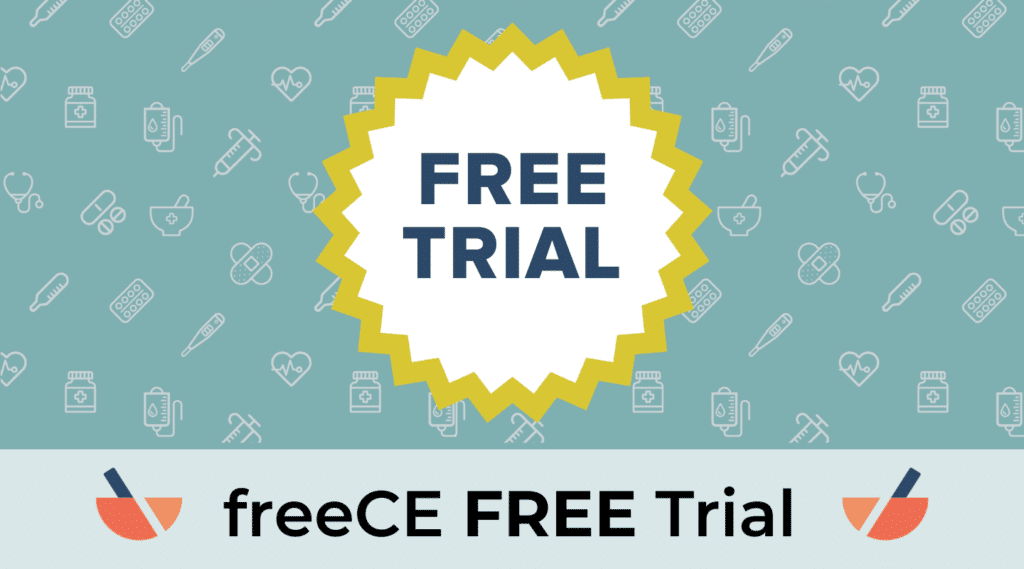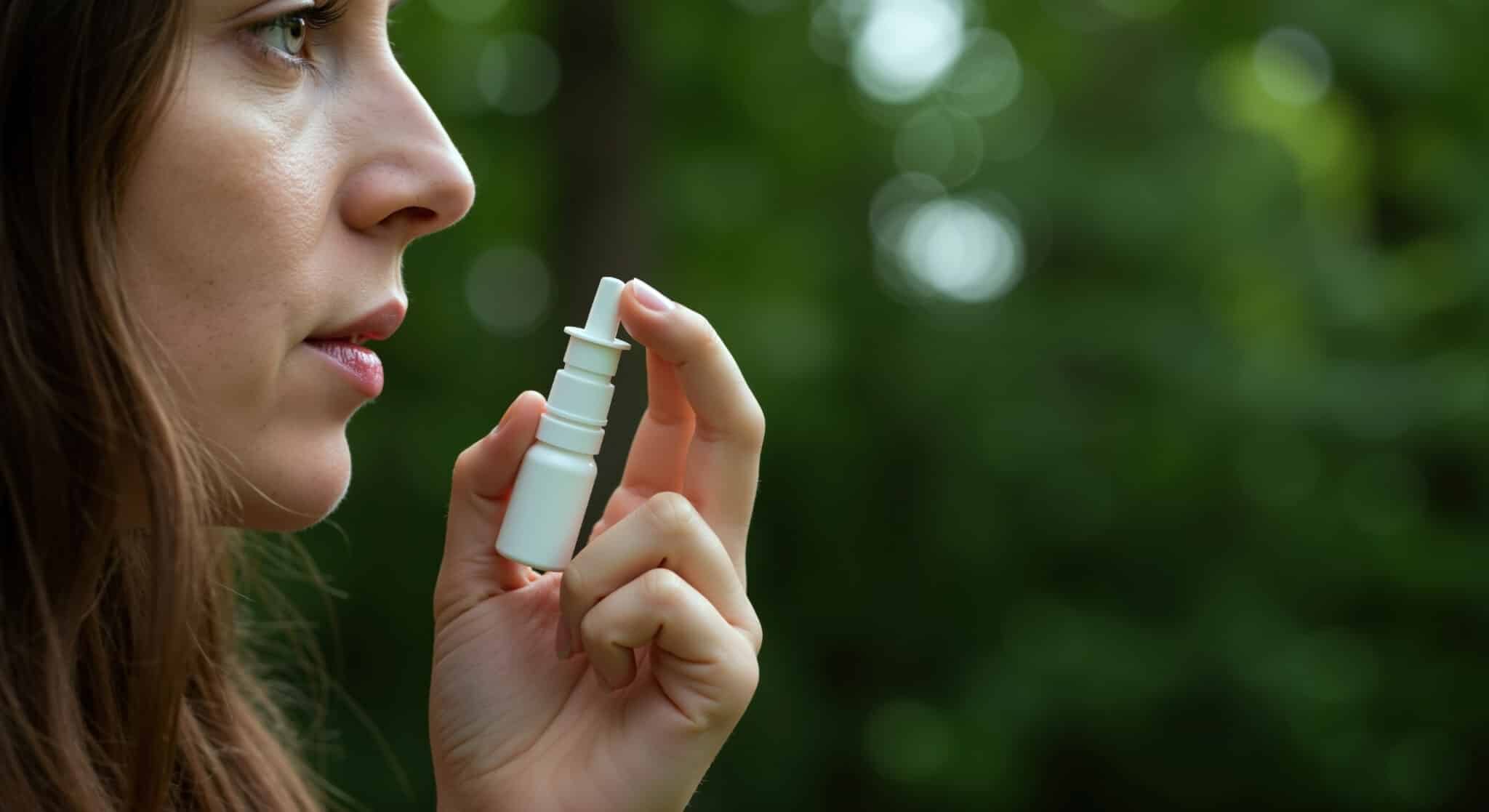Community pharmacy is a type of pharmacy that is typically located in a retail setting, such as a drugstore or grocery store. Community pharmacists work with patients to provide medication therapy management, counseling on the use of prescription and over-the-counter medications, and other health-related services. They also serve as a liaison between patients, physicians, insurance companies and other healthcare providers to ensure that patients receive the best possible care.
Table of Contents
What Are Community Pharmacies?
The main function of a community pharmacy is the dispensing of prescription medicines to patients. A community pharmacy may be a large retail grocery or drugstore chain, an independently owned small business, a pharmacy based within a clinic or hospital, or a federally qualified health center.
What Do Community Pharmacists Do?
Community pharmacists provide a range of services to patients, including dispensing prescription medications, counseling patients on the proper use of their medications, and monitoring for potential drug interactions or side effects. They provide advice on over-the-counter medications and health-related products and also provide vaccines and health screenings such as blood pressure, glucose and cholesterol checks. Additionally, community pharmacists may work with physicians and other healthcare providers to adjust or manage a patient’s medication regimen, as well as play a role in disease state management and preventive care. They also keep records of patients’ medication regimens and communicate with other healthcare professionals to ensure continuity of care.
Importance of a Community Pharmacist
The main goal of a community pharmacist is the health of patients and the community. Community pharmacists play a vital role in the healthcare system by providing essential services to patients. They are often the most accessible healthcare professional for many patients and are well positioned to provide care in the community setting.
Some of the key roles and importance of community pharmacists include:
- Medication Dispensing: Community pharmacists dispense prescription medications and provide counseling on the proper use of medications, dosage, and potential side effects.
- Medication Therapy Management: They work with patients and other healthcare providers to manage and optimize medication regimens to improve patient outcomes.
- Patient Education: When dispensing a medication the pharmacist provides education to the patient about what the drug is for, dosing, instructions on how to take the medication, how to store it, side effects and what to do if they occur, and when it is important to contact the pharmacist or prescriber.
- Disease State Management: Community pharmacists can provide education and support to patients with chronic diseases such as diabetes, hypertension, and others, to help them better manage their conditions.
- Medication Safety: the pharmacist reviews medications before dispensing to ensure the drug and dose are appropriate, checks for interactions with other medications,
- Preventive Care: Community pharmacists can provide health screenings, immunizations and other preventive care services that can help patients stay healthy and reduce the risk of complications.
- Accessibility: Community pharmacies are often located in convenient locations, and are accessible to patients in the community, which makes it easier for people to access medication and health-related advice.
In summary, community pharmacists are a valuable healthcare resource who can improve patient outcomes and help to reduce healthcare costs by providing essential services, such as medication therapy management, disease state management, and preventive care, in a convenient and accessible setting.
What Is an Example of a Community Pharmacy?
An example of a community pharmacy is a retail drugstore that is located in a grocery store or a stand-alone drugstore. These stores typically have a wide range of prescription and over-the-counter medications, as well as health-related products such as vitamins and supplements, first aid supplies, and personal care items. They also have a consulting area where patients can speak with a community pharmacist to receive medication therapy management, counseling on the use of prescription and over-the-counter medications, and other health-related services. Community pharmacists in these stores also may have a private consultation area where they can have more in-depth discussions with patients and provide health screenings. Some examples of well-known chain pharmacies include Walgreens, Kroger, CVS, Safeway, and Rite-Aid.
What Is the Purpose of a Community Pharmacy?
The purpose of a community pharmacy is to provide medications and health-related products and services to patients in a convenient and accessible setting.
What Are the Benefits of a Community Pharmacy?
The benefits of a community pharmacy include:
- Convenience: Community pharmacies are typically located in convenient locations, such as shopping centers or stand-alone stores, making it easy for patients to access medication and health-related advice.
- Personalized Care: Community pharmacists provide personalized care to patients, including medication therapy management and counseling on the safe use of medications.
- Chronic Disease Management: Community pharmacists can provide education and support to patients with chronic diseases, such as diabetes and hypertension, to help them better manage their conditions.
- Preventive Care: Community pharmacies can provide health screenings, immunizations, and other preventive care services that can help patients stay healthy and reduce the risk of complications.
- Medication Safety: Community pharmacists can monitor for potential drug interactions or side effects and adjust medication regimens as needed to ensure patient safety.
- Accessibility: Community pharmacies are open to patients and are accessible to patients in the community, which makes it easier for people to access medication and health-related advice.
What Services Do Community Pharmacies Provide?
Services provided by community pharmacies include:
- Prescription dispensing
- Medication therapy management
- Disease state management
- Preventive care services
- Health screenings
- Immunizations
- Counseling on the safe use of medications
- Monitoring for potential drug interactions or side effects
- Supply of over-the-counter medications and health-related products.
- Consultation with patients and healthcare providers to ensure continuity of care.
Can a Community Pharmacist Prescribe Medication?
A community pharmacist cannot prescribe medications in the same way a physician does. However, in some states pharmacists are able to prescribe certain medications as allowed by statewide protocols. Below are some examples of drugs and conditions a pharmacist may be able to prescribe based on a statewide protocol:
- Testing supplies and syringes for diabetes
- Smoking cessation products
- Medicines for travel (vaccines, antibiotics for diarrhea, malaria prevention)
- Medicines to treat common infections like urinary tract infections and influenza
- Birth control
- Naloxone for opioid overdose
In some states pharmacists may also be able to write prescriptions either in collaboration with a prescriber or as a independent prescriber. In these cases, states may have requirements for education, experience, or certification in order to be able to prescribe. These pharmacists may work within a primary care practice, in a health-system, or network.
Is Community Pharmacy Primary Care?
Community pharmacy is not considered primary care, but it is considered a primary point of contact for many patients. Community pharmacists are accessible healthcare professionals who are able to provide medication therapy management, counseling on the use of prescription and over-the-counter medications, and other health-related services. They also serve as a liaison between patients, physicians, and other healthcare providers to ensure that patients receive the best possible care.
How Do Community Pharmacies Make Money?
There are three factors that attribute to the price of a prescription:
- The cost of the drug
- A markup on the cost
- A flat dispensing fee
When a prescription is filled by a community pharmacy, the patient either pays the cash price set by the pharmacy that includes the above costs, or insurance is billed with the patient paying the copay determined by the insurance with the insurance company paying the balance.
When insurance is billed, the cost of the drug and markup are not determined by the pharmacy, but by the company the insurance uses to handle their claims. The actual cost of the drug paid by the pharmacy varies and can depend on how big the pharmacy or pharmacy chain is as larger volumes are lest costly. This means that the profit a pharmacy makes depends on many variables including the insurance company and the size of the pharmacy.
Pharmacies also make money from other products sold in the store like medical devices, vitamins, herbal and other natural supplements, first aid supplies, and durable medical equipment.
CE For Community Pharmacists Through freeCE.com
Continuing education (CE) is an important aspect of professional development for pharmacists. Explore our membership options to stay current with the latest advances in pharmacy and fulfill your licensing requirements.






